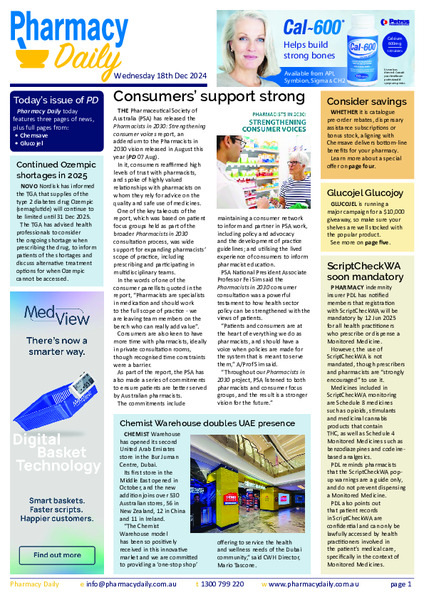THE most comprehensive analysis of evidence to date on ADHD treatment in adults has found that while some medications are effective in the short-term, other interventions are ineffective or poorly tolerated, and there is little data on long-term treatment.
Published in Lancet Psychiatry today, the analysis covered more than 100 trials encompassing almost 15,000 participants aged 18 and older.
Treatments studied included pharmacological, psychological and neurostimulatory therapies.
Stimulants - amphetamines and methylphenidate - were the only interventions supported by evidence of short-term benefit (around 12 weeks) for core symptoms of ADHD in adults, as reported by the patient and clinician, that were also associated with good acceptability.
The selective noradrenaline reuptake inhibitor atomoxetine was effective in the short-term, but patients considered the overall acceptability worse than placebo, while guanfacine was not found to be effective.
The study authors reported that there are very few studies on the medium-term to long-term effects of medication on ADHD core symptoms, so they were unable to draw solid conclusions.
The medications also had no significant benefits on broader outcomes, such as quality of life.
Some of the non-pharmacological therapies showed promise over longer timeframes, but results were inconsistent and there was a tendency for clinicians to rate them as more effective than patients.
Professor Ashley Bush, a psychiatry and neuroscience expert at the University of Melbourne, pointed out that while adult ADHD is prevalent, affecting around 2.5% - 6% of adults, less is known about its treatment in adults than in children.
"This massive work surveys all clinical trial evidence to conclude that psychostimulants (methylphenidate- and dexamfetamine-based drugs) stand out as the only clear winner in treating adult ADHD, although their use comes at the price of side effects," Prof Bush said.
"Non-drug interventions (for example, psychological treatments and neurostimulation) were unimpressive in helping the core symptoms and emotional dysregulation of ADHD.
"It is important to note that, in clinical practice, we treat more than the core symptoms - ADHD is complicated by several psychiatric disorders such as anxiety and depression," he added.
"It makes sense that these complications would not respond to psychostimulants as robustly."
While noting that the findings reinforce the importance of psychostimulants for treating ADHD in the short term, Prof Bush said this "does not rule out non-pharmacological interventions as being of value to the complications of this prevalent disorder."
Read the full study HERE.
The above article was sent to subscribers in Pharmacy Daily's issue from 18 Dec 24
To see the full newsletter, see the embedded issue below or CLICK HERE to download Pharmacy Daily from 18 Dec 24








